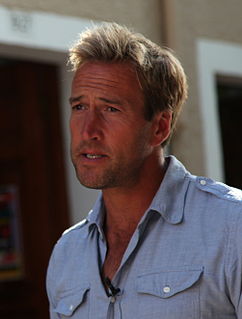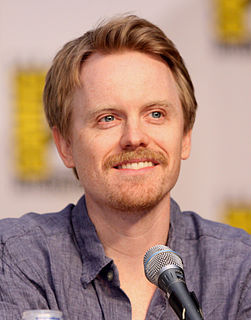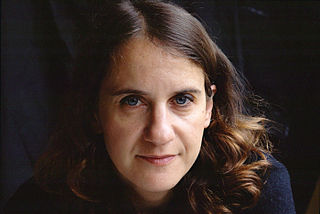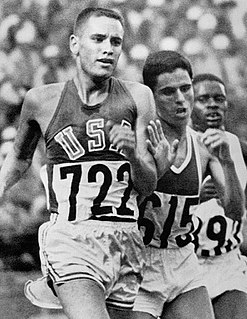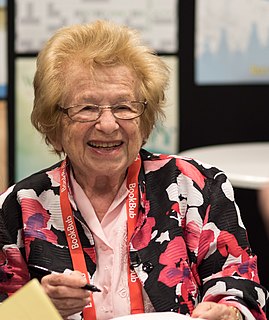A Quote by Ben Fogle
If you look at the positives, if you test yourself and challenge yourself... I describe myself as a 'yes' person. If you say no to too many things, you think 'what if'.
Related Quotes
The narratives we create in order to justify our actions and choices become in so many ways who we are. They are the things we say back to ourselves to explain our complicated lives. Perhaps the reason you've not yet been able to forgive yourself is that you're still invested in your self-loathing. Perhaps not forgiving yourself is the flip side of your stealing-this-now cycle. Would you be a better or worse person if you forgave yourself for the bad things you did? If you perpetually condemn yourself for being a liar and a thief, does that make you good?
As a storyteller, you have to have something to say. You have to look at the world, think about it in relationship to yourself, and say, 'I think this is a pattern,' or 'I think this is the way fatherhood works,' or 'I think this is the way first love feels.' The danger in that is, that's when you open yourself up to real critique.
One of the first things I think young people, especially nowadays, should learn is how to see for yourself and listen for yourself and think for yourself. Then you can come to an intelligent decision for yourself. If you form the habit of going by what you hear others say about someone, or going by what others think about someone, instead of searching that thing out for yourself and seeing for yourself, you will be walking west when you think you're going east, and you will be walking east when you think you're going west.
One of the things that I learned is that you never truly know yourself until you challenge yourself. It is when you are confronted with challenges that you see what you are really made of, what is important to you and what your true aspirations are...sometimes you think that you really know yourself, and then you find out that you really don't.
I've quit writing screenplay [adaptations]. It's too much work. I don't look at writing a novel as work, because I only have to please myself. I have a good time sitting here by myself, thinking up situations and characters, getting them to talk - it's so satisfying. But screenwriting's different. You might think you're writing for yourself, but there are too many other people to please.
You know, I think everybody I've seen has come from some other therapy, and almost invariably it's very much the same thing: the therapist is too disinterested, a little too aloof, a little too inactive. They're not really interested in the person, he doesn't relate to the person. All these things I've written so much about. That's why I've made such a practice really, over and over to hammer home the point of self-revelation and being more of yourself and showing yourself. Every book I write I want to get that in there.
Confidence applied properly is the path of genius. You must always be in a state of confidence. And the way you sustain a state of confidence is by testing yourself. Difficult quagmires that may occur; there's always a test. You have to seek them out. You constantly have to test yourself to prepare for these quagmires. That's why I always put myself to the test.
